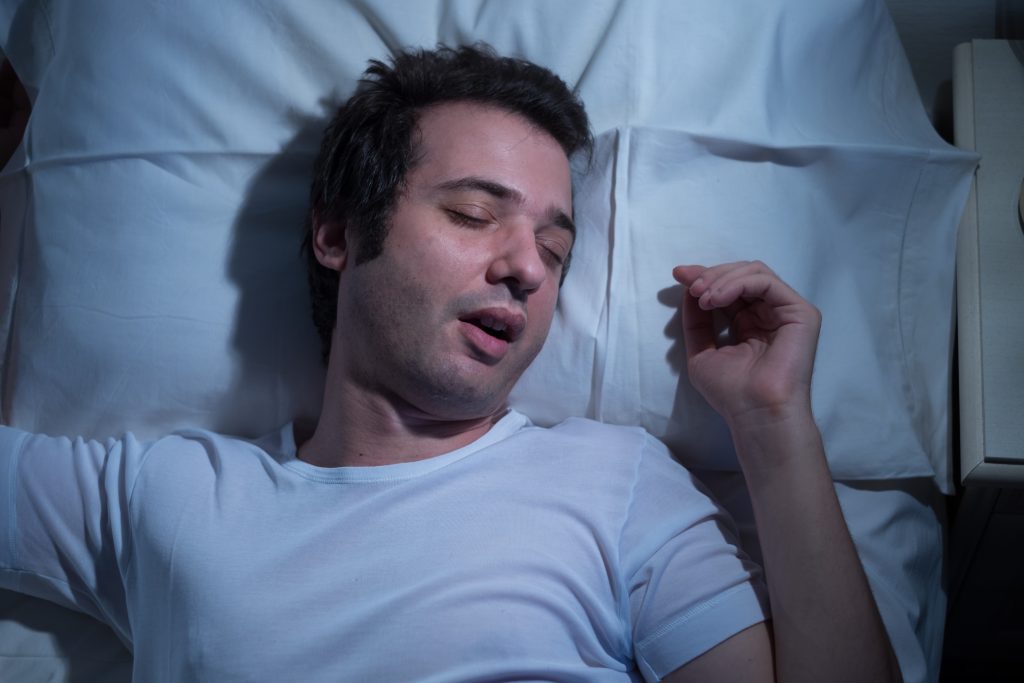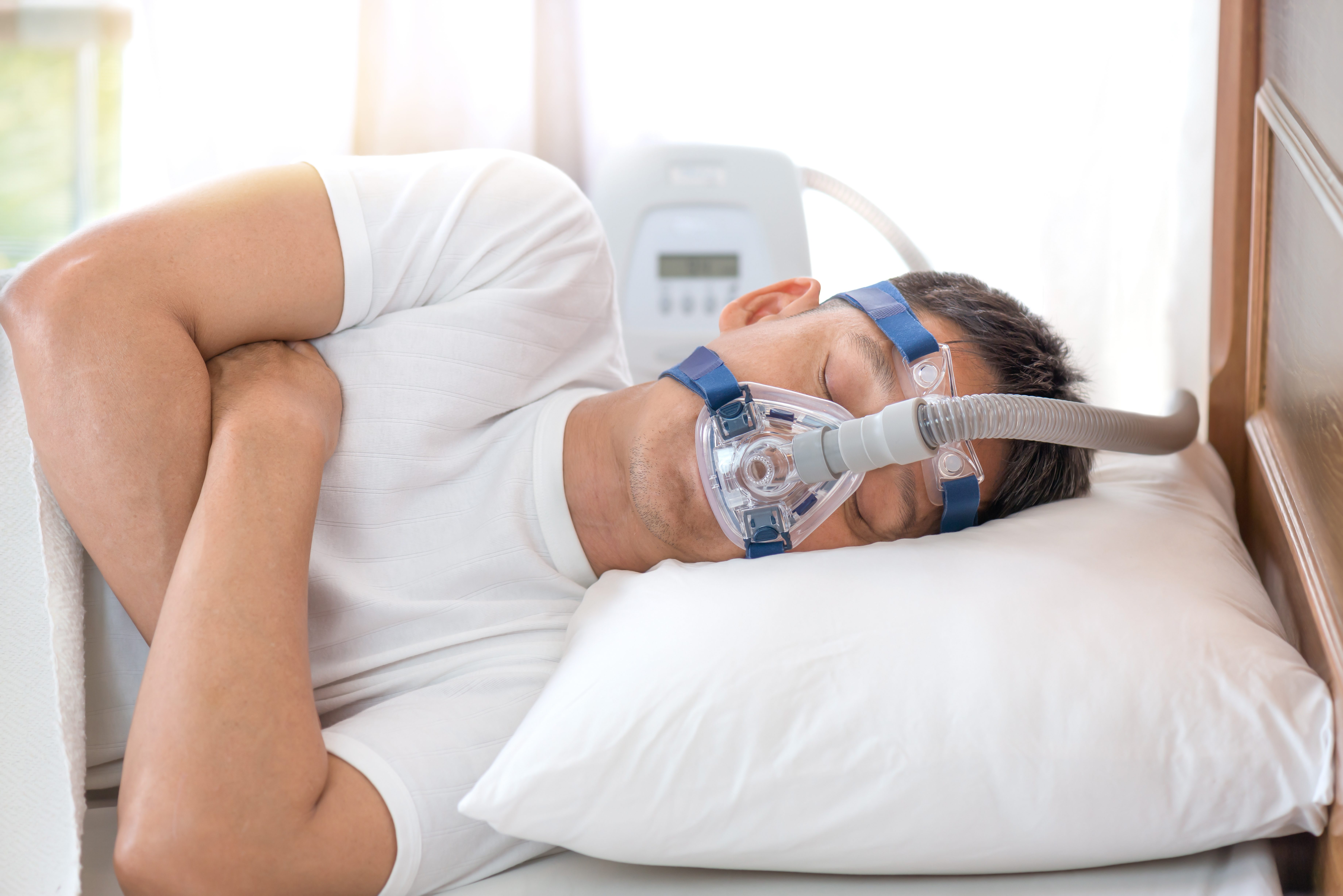Sleep Dentistry Adelaide
Sleep dentistry is an emerging area of dentistry involved in the management of sleep conditions such as obstructive sleep apnoea, and snoring.
Traditionally the management of these conditions has been through doctors only. Today dentists can help manage these conditions by helping to identify at risk patients, and, where indicated, through the fitting of oral appliances that can help patients with sleep disorders.
Sleep dentistry is different from Sedation Dentistry.
In the past sleep dentistry has occasionally been associated with sedation dentistry, the area of dentistry that involves sedative drugs, some of which may be used to put a patient to sleep before a procedure. Sedation techniques include the use of oral medications, nitrous oxide and intravenous sedation. Whilst we employ nitrous oxide and oral sedation techniques for the appropriate dental treatments at Adelaide Quality Dental, we do differentiate Sedation Dentistry vs Sleep Dentistry.
What are sleep disorders and what is obstructive sleep apnoea?
Obstructive sleep apnoea (OSA) is a sleep disorder caused by obstruction of air flow to the lungs by the muscles and tissues of the throat and tongue. There are many degrees of airway obstruction that can occur across the population. In the milder forms, patients may find they snore. However, the greater the obstruction, the greater the risk of apnoea, where hardly any air reaches the lungs and the patient essentially stops breathing in his or her sleep. It is a serious medical condition that affects a very large number of Australians.
Why is obstructive sleep apnoea something to worry about?
Patients who have OSA rarely get deep refreshing sleep, and are often tired during the day. This may predispose them to accidents at work, or while driving. Additionally, OSA has been identified as a risk factor in a number of serious conditions such as high blood pressure, stroke, cardiac arrhythmia, heart attack and metabolic syndrome. Often, patients who are overweight, and have diabetes are at risk of OSA. Around 10% of snorers have some degree of OSA too.

Patients who have Obstructive Sleep Apnoea rarely get deep refreshing sleep, and are often tired during the day.
How is snoring and sleep apnoea treated and what can a dentist do about sleep problems?
The treatment of sleep disorders usually involves a team that includes the GP, dentist, sleep specialist, and sometimes an ENT surgeon. In cases of snoring and mild forms of OSA dentists can make the patient an oral appliance that positions the lower jaw forwards and allows improved airflow to the lungs. In more severe cases, patients may have to use a Continuous Positive Airway Pressure (CPAP) device, and may even need surgery. Dentists may also make sleep appliances for patients who can’t tolerate wearing a CPAP device.
What are the steps involved in getting a dentist to help?
The first step is a clinical evaluation of the teeth and soft tissues of the mouth and throat. The dentist can then ask the patient’s GP to organise a sleep study through a qualified sleep specialist, to get an objective measure of the degree of airway obstruction during a sleep period. The sleep specialist will then recommend whether the patient should have a CPAP device, or whether they would benefit from an oral appliance to move the jaw forwards and allow better air flow.
If the patient is deemed to require an oral appliance, the dentist can take impressions of the patients upper and lower teeth, and a record of how their teeth come together, and use these to make the appliance. The device is worn nightly to posture the lower jaw slightly forward and allow better air flow to the lungs.
Worried that you may have airway obstruction or obstructive sleep apnoea?
If you are concerned then contact us here at Adelaide Smile and Implant Centre Cosmetic Dentist Adelaide to discuss your individual situation.
Call us on (08) 8346 3940 or get in touch via our contact form.



